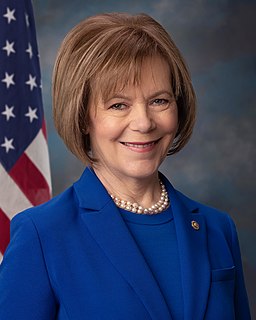A Quote by Ajit Pai
I believe that the FCC and Tribal Nations share the same goal-ensuring high-speed Internet access to anyone who wants it, while respecting and preserving sites with historic, religious, and cultural significance to Tribes.
Related Quotes
The case of Johnson v. M'Intosh is exactly why Congress can pass legislation as it did with the Rio Tinto land mine deal because Congress took the land from the tribes, ignores their sacred connections to it, their cultural connections and does whatever it wants with it. Congress terminated tribal status for more than 100 tribes. Basically said, you're not a tribe anymore and we're not going to pay attention to the treaties. The Supreme Court has held that when Congress breaches a treaty with an Indian tribe it's not judicially reviewable. It's called a political question.































